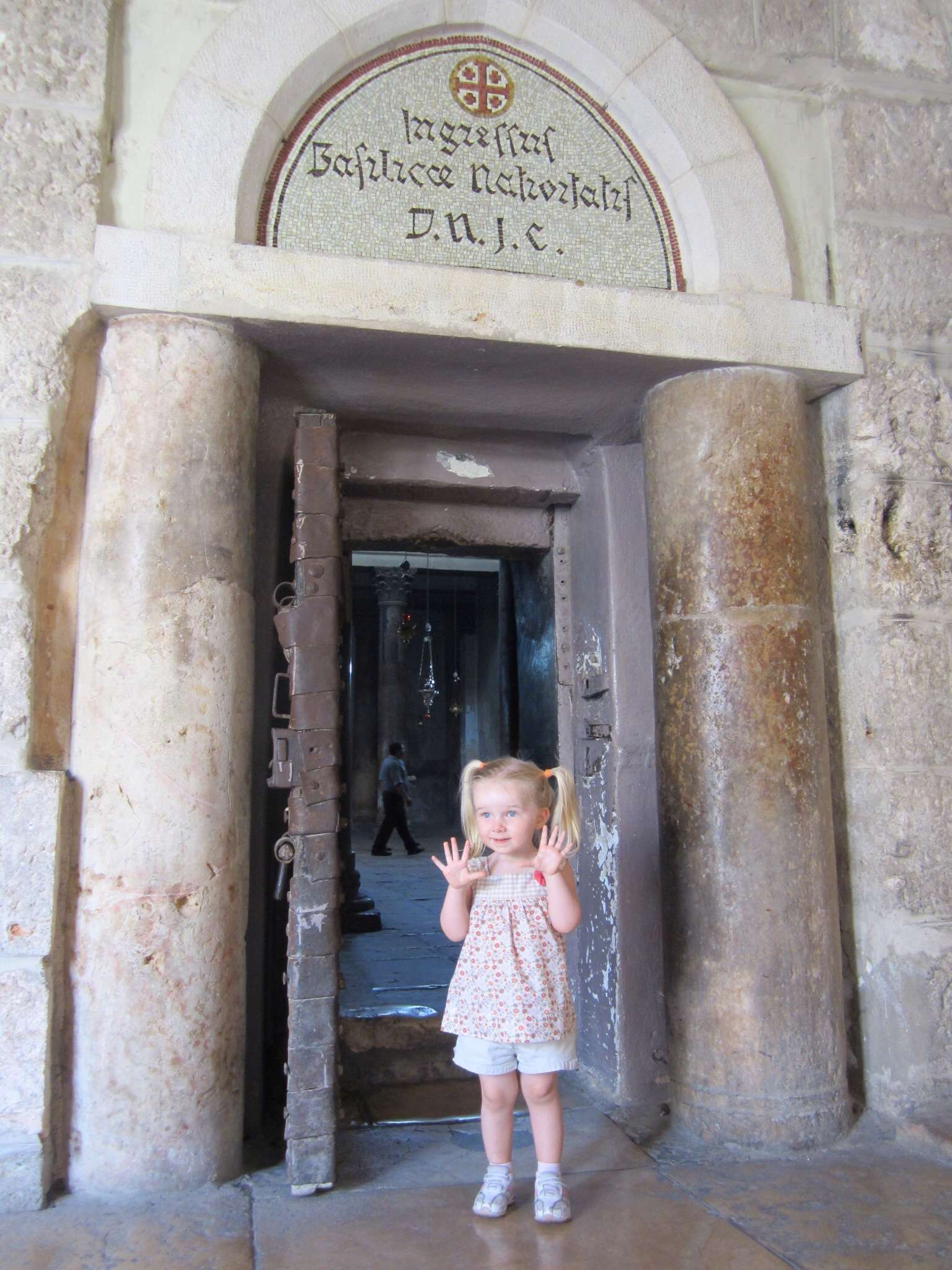
Category: Christmas
-

Do you do Santa Claus?
Read More: Do you do Santa Claus?This is a common question I hear parents asking one another at Christmas time. The question comes from different perspectives and experiences that people have had with the story, tradition, and character of that jolly man, Santa. We’ve all heard stories of the proverbial thirteen year-old kid (or older) who finds out from their friends…
-

Socioeconomic Diversity in the Christmas Story
Read More: Socioeconomic Diversity in the Christmas StoryThere are two primary nativity narratives in the Gospels – the Matthew version and the Luke version. Have you ever noticed that Matthew talks about the Magi (but not the shepherds) and Luke talks about the shepherds (but not the Magi)? Matthew was writing to a mostly Jewish audience while Luke was writing with Gentiles…
-

The Gifts of the Wise Men – Children’s Ministry Lesson
Read More: The Gifts of the Wise Men – Children’s Ministry LessonYesterday, I taught on the wise men from the Christmas story in Matthew 2. I always love teaching on this part of the Christmas story because there is so much more in the text than we usually learn from a simple nativity scene. Here are three things that might help as you assemble your lesson…
Search
Popular Posts
-
“Holy Fools”: Exploring the Journey of Calling for Christian Variety Performers
I am happy to announce that my PhD dissertation has been published to ProQuest, an academic database for published research. I have made the dissertation open source, which means anyone anywhere can access the full content free of charge. Here is the full dissertation: https://www.proquest.com/dissertations-theses/holy-fools-exploring-journey-calling-christian/docview/2622316783/se-2 Please share far and wide. I am very much excited…
-
The Easiest Large Group Game Ever
This is probably the easiest large group game ever invented. If you can think of an easier one, please let me know in the comments. Heads or Tails! This game of heads or tails involves EVERYONE in your large group. It is actually better the larger the group gets. There is an elimination factor to…
-
Book Release! Incredibly Bad Dad Jokes
I have been writing down my original Dad jokes for several years now, but recently they dramatically increased. While the past five months of my life have been the toughest for me as a Dad (with Annie’s medical crisis), the Dad jokes actually came out in full force during this season. You see, in my…
-
A Children’s Ministry Poem
From the mouths of children come questions galore about heaven and angels and Satan and more. They speak what their hearts say without holding back, so the wonder of God is something they never lack. Oh God, who are you? Who inspires the minds of little ones many, so that they may find this Jesus…
-
Joyner Family Christmas 2024 Update
Merry Christmas from the Joyners! Here’s a little bit of our life this past year. We hope and pray the Lord’s peace and blessing over you this Advent season. D – Our little guy is now 5 years old! This year he played Tee Ball in the Spring and started soccer this past Fall when…


